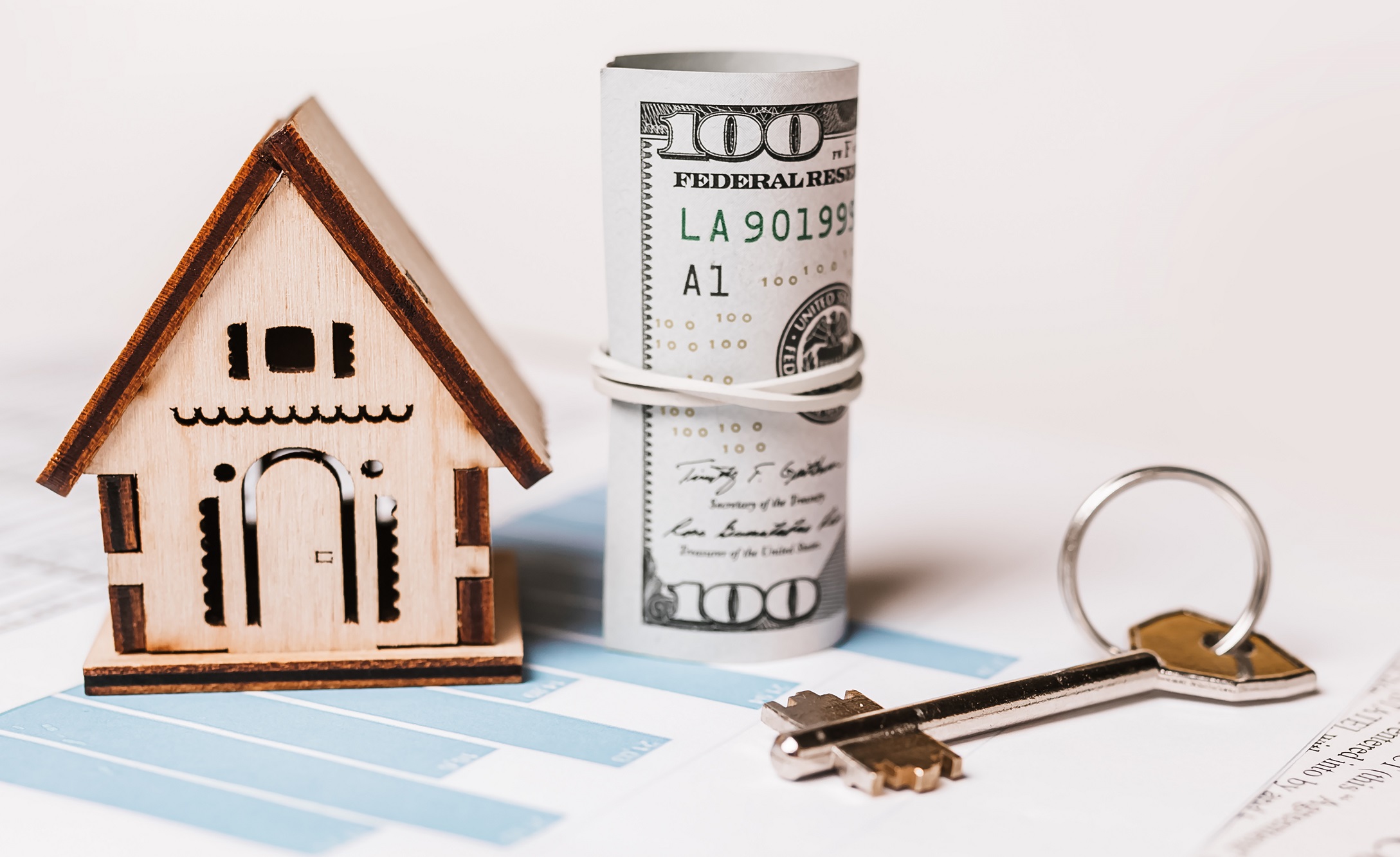Ready to buy a home but unsure of what to expect? It can feel intimidating to know how much you need to save and what you’ll need to budget for throughout the process. Don’t worry, I have your back!
Here are a few things experts say you should plan for along the way:
1) Down Payment
The down payment is likely already on the top of your mind. Many believe that you need 20% of the home’s purchase price when it comes to your down payment. However, The National Association of Realtors (NAR) states that:
“One of the biggest misconceptions among housing consumers is what the typical down payment is and what amount is needed to enter homeownership. Having this knowledge is critical to know what to save . . .”
In some situations, you may be able to put as little as 3.5% (or even 0%) down. I can connect you with a trusted professional to help you understand your options.
2) Earnest Money Deposit
In today’s competitive market, you may run into a bidding war. You may want to prepare for an earnest money deposit within your budget. This is money you pay as a show of good faith when you make an offer on the house. It’s not an added expense. It’s just paying some of that upfront. Instead, the earnest money deposit is using some of the money you already saved for your purchase to show the seller you’re committed and serious about their house. Typically, an earnest money deposit is roughly 1% to 2% of the home’s purchase price.
First American explains:
“The deposit made from the buyer to the seller when submitting an offer. This deposit is typically held in trust by a third party and is intended to show the seller you are serious about purchasing their home. Upon closing the money will generally be applied to your down payment or closing costs.”
3) Closing Costs
Next is planning for closing costs. Closing costs cover the fees for the various people and services involved in your transaction. Budget for roughly 2% to 5% of the home’s purchase price.
The Federal Trade Commission (FTC) describes closing costs as:
“The upfront fees charged in connection with a mortgage loan transaction. …generally including, but not limited to a loan origination fee, title examination and insurance, survey, attorney’s fee, and prepaid items, such as escrow deposits for taxes and insurance.”
Bottom Line
Knowing what to budget for in the homebuying process is essential.
Freddie Mac states:
“It’s critical you understand all your expenses before diving in. The more prepared you are for your down payment, closing and other costs, the smoother your homebuying journey will be.”
Let’s connect, and I will help you and let you know what to expect when you buy a home.


 Facebook
Facebook
 X
X
 Pinterest
Pinterest
 Copy Link
Copy Link


